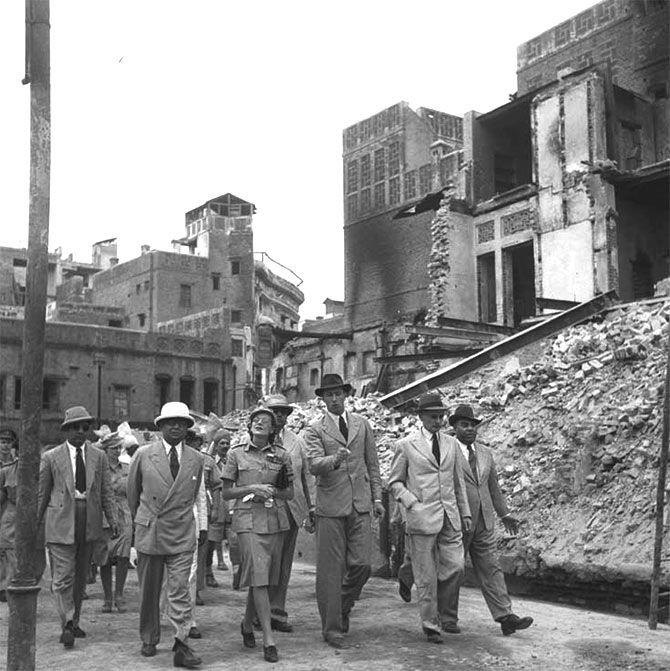

As the British rule ended in India in August 1947, India was partitioned into two independent nation states: India and Pakistan. The partition of India had devastated millions of lives across the Indian subcontinent. There were riots, unrests, violence, animosity, rapes, massacres, looting, starvation, and one of the largest forced mass migrations in human history that the world has ever witnessed. Millions of people suffered immense loss and endured horrific days and nights. The provinces of Punjab and Bengal have faced the consequences of the catastrophic riots which claimed thousands of lives and left an indelible mark on the psyche of millions of people. The repercussion and trauma as a result of partition are felt and experienced till date. Against this backdrop, and as India celebrates its 75 years of Independence under the program of “Azadi Ka Amrit Mahotsav”, Indira Gandhi National Centre of the Arts (IGNCA), New Delhi, is organizing seminars, lecture series, exhibitions, film screenings to remember and pay homage to the struggles and sacrifice of the partition victims.

The partition created the independent nations of Muslim-majority Pakistan and Hindu-majority India, separating the provinces of Bengal and Punjab along religious lines, despite the fact that Muslims and Hindus lived in mixed communities throughout the area
Independence of India from the colonial rule was inevitable as perceived alike by colonizers, scholars, politicians and stakeholders in the early 19 century. What followed along was a ‘created exile’, genocide of innocent folk and indescribable calamity that struck the people of India in the form of partition. Who was responsible for the partition of unified India- that too on the basis of religion, when it is documented that not just Hindus and Muslims but all religious communities have a shared past of communal harmony and peaceful co-existence?

